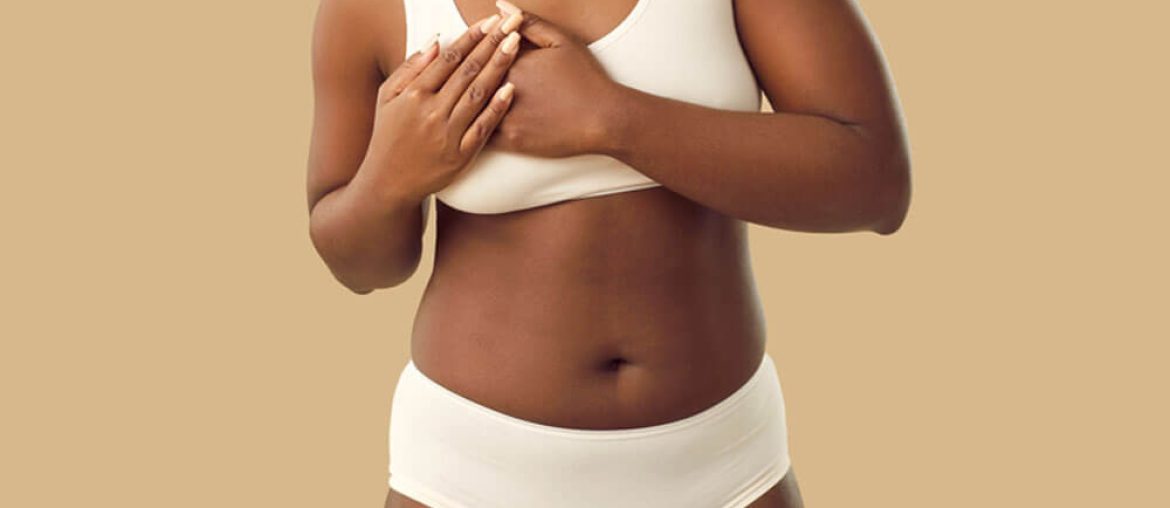If you have yeast on your nipples:
- Wash hands often (before and after nursing, after using the bathroom, and before or after changing the baby’s diaper). Use hot, soapy water and paper towels.
- Nurse frequently for shorter amounts of time. Start nursing on the least sore side. Numb the nipple with ice wrapped in a washcloth before beginning to nurse. Take Advil (unless you are allergic to it) around the clock. If it becomes too painful to nurse, you may want to pump your milk temporarily and feed it to your baby by cup or bottle until the pain lessens.
- Try drinking green tea 3 or 4 times a day. It may help cleanse your system of excess yeast, and all evidence points to its benefits, so it certainly won’t hurt to try.
- After nursing, rinse the nipples with a solution of one cup water plus one tablespoon of vinegar. Air dry well. Apply antifungal creams like Lotramin AF or Gyne-Lotramin (containing clotrimazole) or Monistat (containing miconazole). These are available without a prescription. Your doctor may also prescribe an antifungal cream like Nizoral (containing ketoconazole).
- If pain is severe, apply the cream sparingly after each feeding (6-8 times per day) for 24 hours. Then apply 3-4 times daily. The cream is absorbed quickly, and does not have to be removed before baby nurses. If you feel that some of the ointment remains on your nipple, you may want to gently press a damp warm washcloth on the nipple and areola before nursing. Avoid wearing nursing pads, but if you have to use them be sure to change them at every feeding. Keep the nipples as dry as possible.
- Decrease consumption of foods containing high amounts of sugar and/or yeast (such as beer, wine, sodas, bread, desserts, etc).
- Dietary supplements that may be helpful include:
- Lactobacillus acidophilus (helps promote the growth of “friendly bacteria”). Usual dose 1\4 to 1\2 tsp of powder or 1-2 capsules, 1-4 times per day.
- Bifadophillus also works well, and does not contact apple pectin, which may limit the supplement’s effectiveness.
- Acidophilus supplements of up to 24 tablets a day are not harmful, and may be helpful in severe or chronic cases.


















